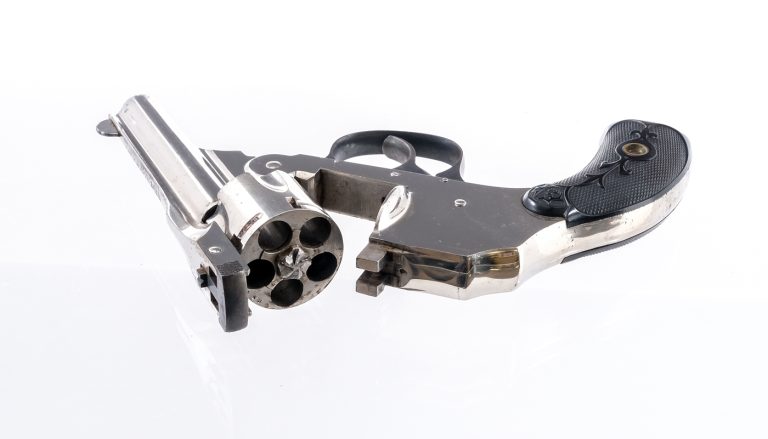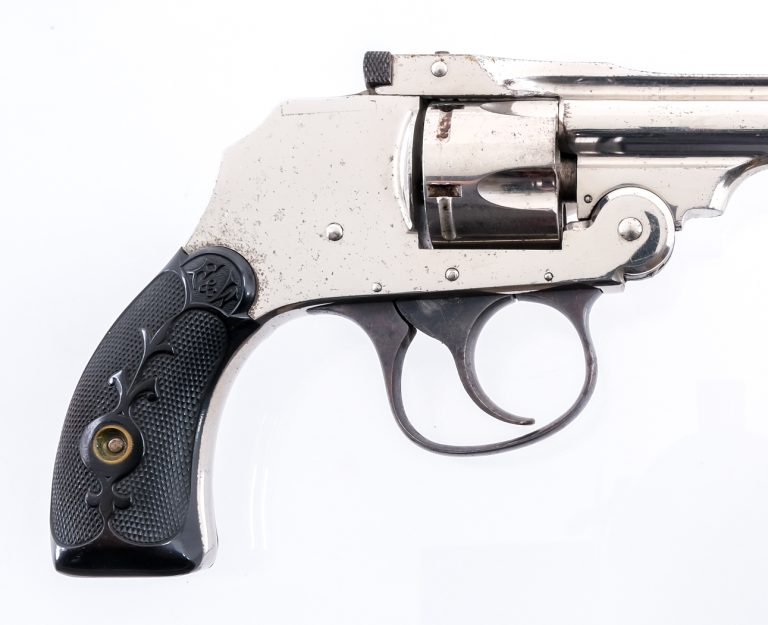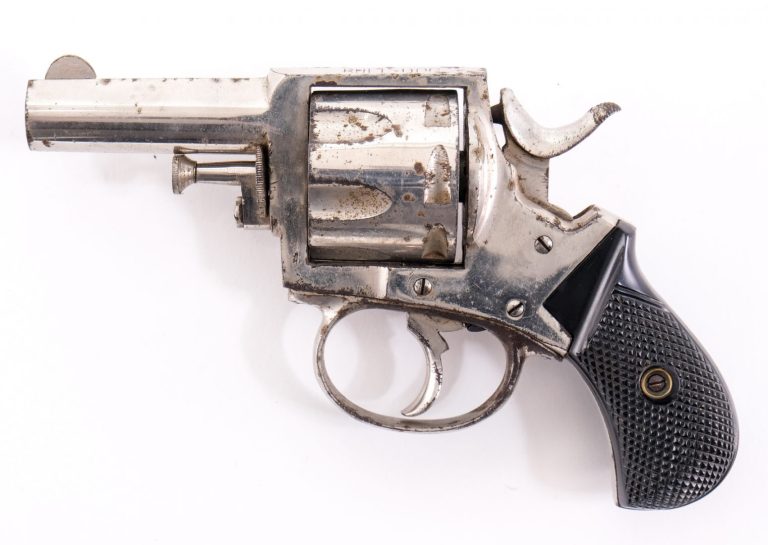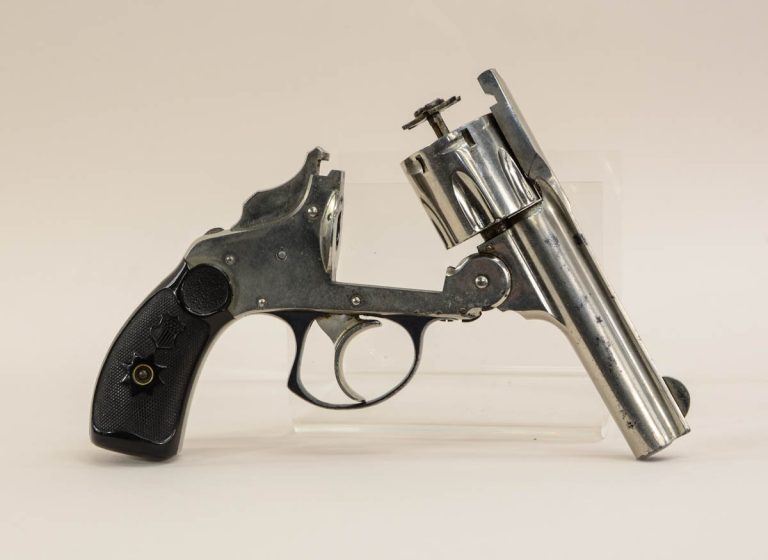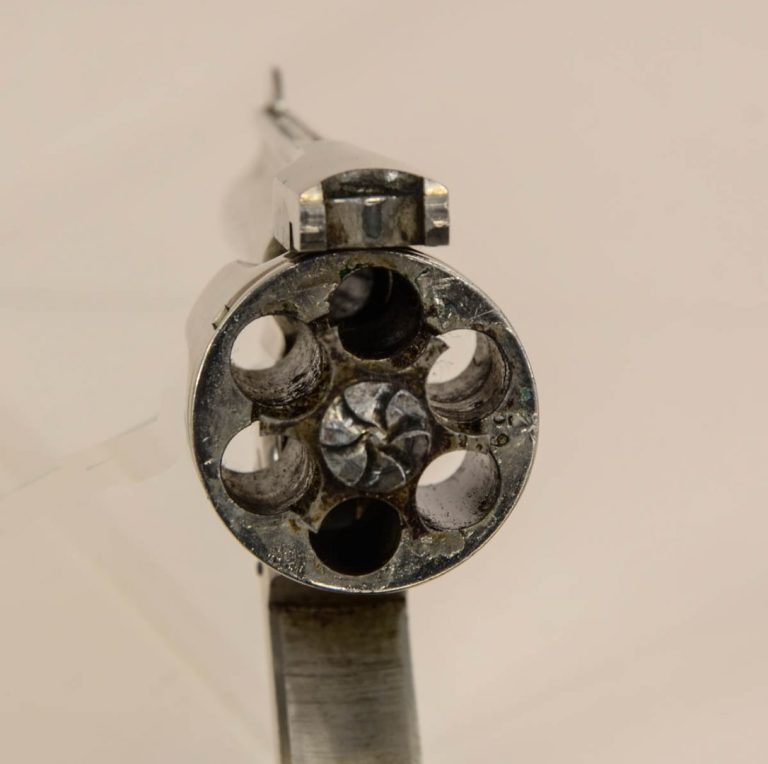Guide to Selling Firearms in Arkansas
- Home
- Guide to Selling Firearms in Arkansas
Gun sales in Arkansas can feel overwhelming. The process involves understanding complex laws, completing detailed paperwork, and taking on significant responsibility. However, you don’t have to navigate this alone. CT Firearms Auctions is here to simplify every step for you. Whether you’re an enthusiast seeking to sell a beloved collection or have inherited firearms without knowing the next steps, this guide is designed to provide clarity and confidence as you move forward.
Selling firearms requires a strong grasp of state and federal regulations, knowledge of firearm value, and proper preparation for the sale. By addressing these components and exploring reliable methods for finding buyers, this guide will help you ensure a legal, smooth, and profitable transaction.
Understanding Arkansas’s Gun Sale Regulations
Dealing with firearms, whether from personal collections or estate inheritances, comes with specific responsibilities. Arkansas’s gun laws differ significantly from those in other states, making it essential to familiarize yourself with local regulations before selling a firearm. This ensures you remain compliant and protects you from potential legal repercussions.
Required Background Checks for Private Sales
State versus Federal Firearm Laws
While Arkansas has lenient laws, including permitless carry as of 2023, federal regulations impose broader requirements that apply nationwide. For example, federally licensed dealers must conduct background checks for all transactions, regardless of state laws. When selling privately, sellers are responsible for adhering to Arkansas’s laws while understanding federal oversight. This includes ensuring that firearms do not fall into prohibited hands, such as individuals with felony convictions.
Staying informed about both sets of laws is critical. Federal laws serve as a baseline that all states must follow, but Arkansas provides more flexibility in private sales, offering sellers convenience and fewer bureaucratic hurdles. As a seller, you must balance these laws carefully to avoid legal pitfalls.
Setting the Stage for a Legal Gun Sale
Determining the Value of Your Firearm
Understanding the value of your firearm is a crucial first step. Firearms, like other collectibles, derive value from objective factors such as make, model, condition, rarity, and historical significance. For example, a vintage shotgun inherited from a relative may have sentimental value to you, but its market value depends on its condition and demand among buyers.
Getting a professional appraisal can help clarify your firearm’s worth. Experienced appraisers and licensed dealers in Arkansas are familiar with local and national markets, ensuring an accurate valuation. This knowledge helps you set a competitive price, improving your chances of a successful sale.
Preparing Your Gun for Sale
Proper preparation adds value to your firearm and attracts serious buyers. Start by thoroughly cleaning your firearm, ensuring it is in good working order, and documenting its details, including the make, model, and serial number. Presenting your firearm professionally not only showcases your responsibility as a seller but also builds trust with potential buyers.
In Arkansas, private sellers have the flexibility to handle much of the sale themselves, but adhering to best practices—such as maintaining clear documentation—ensures a smoother transaction. Securely storing your firearm until the sale is complete is another vital step.
Finding Buyers for Your Gun in Arkansas
Utilizing Online Platforms and Forums
Attending Local Gun Shows and Auctions
Exploring Local Gun Stores and Pawn Shops
Completing the Sale: Documentation and Transfer
Completing the sale of a firearm in Arkansas requires careful attention to documentation and compliance with transfer laws. While the state does not mandate background checks or a Federal Firearms Licensee (FFL) for private sales, taking additional precautions ensures a safer and more secure transaction.
Creating a Bill of Sale
- A description of the firearm (make, model, caliber, and serial number)
- The date of sale and purchase price
- Names, addresses, and signatures of both parties
Finalizing the Transfer Through an FFL
Staying Informed About Arkansas Legislative Changes
Arkansas gun laws are subject to change, and staying informed ensures you remain compliant. Subscribe to updates from organizations like the Arkansas State Police or firearm advocacy groups to stay current on legislative developments. Understanding changes in laws, such as adjustments to carry permits or private sale requirements, helps you avoid unintentional violations.
Selling Your Gun Responsibly
Selling firearms in Arkansas is a significant responsibility, but with the right knowledge and preparation, it becomes a manageable and rewarding process. By recording every sale, maintaining clear documentation, and adhering to state and federal regulations, you protect yourself and ensure a safe transaction. At CT Firearms Auctions, we pride ourselves on providing expert guidance, professional appraisals, and seamless transactions. Reach out to us today to ensure your collection gets the value it deserves.
